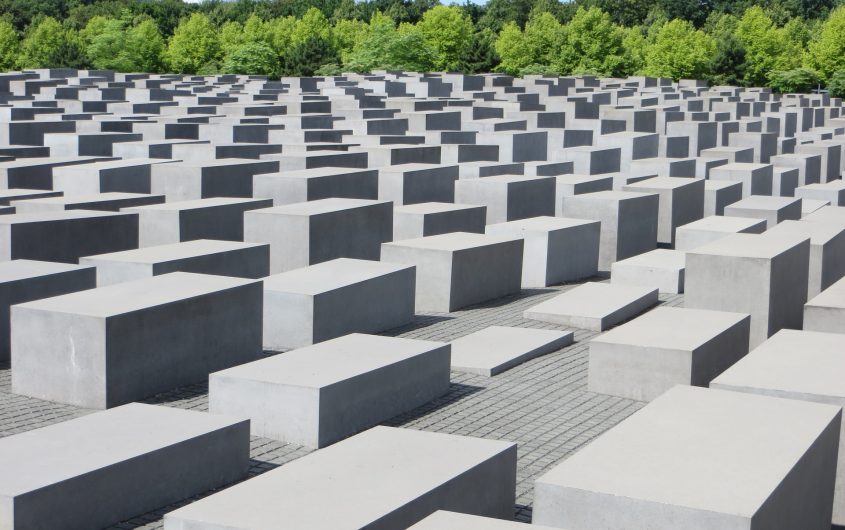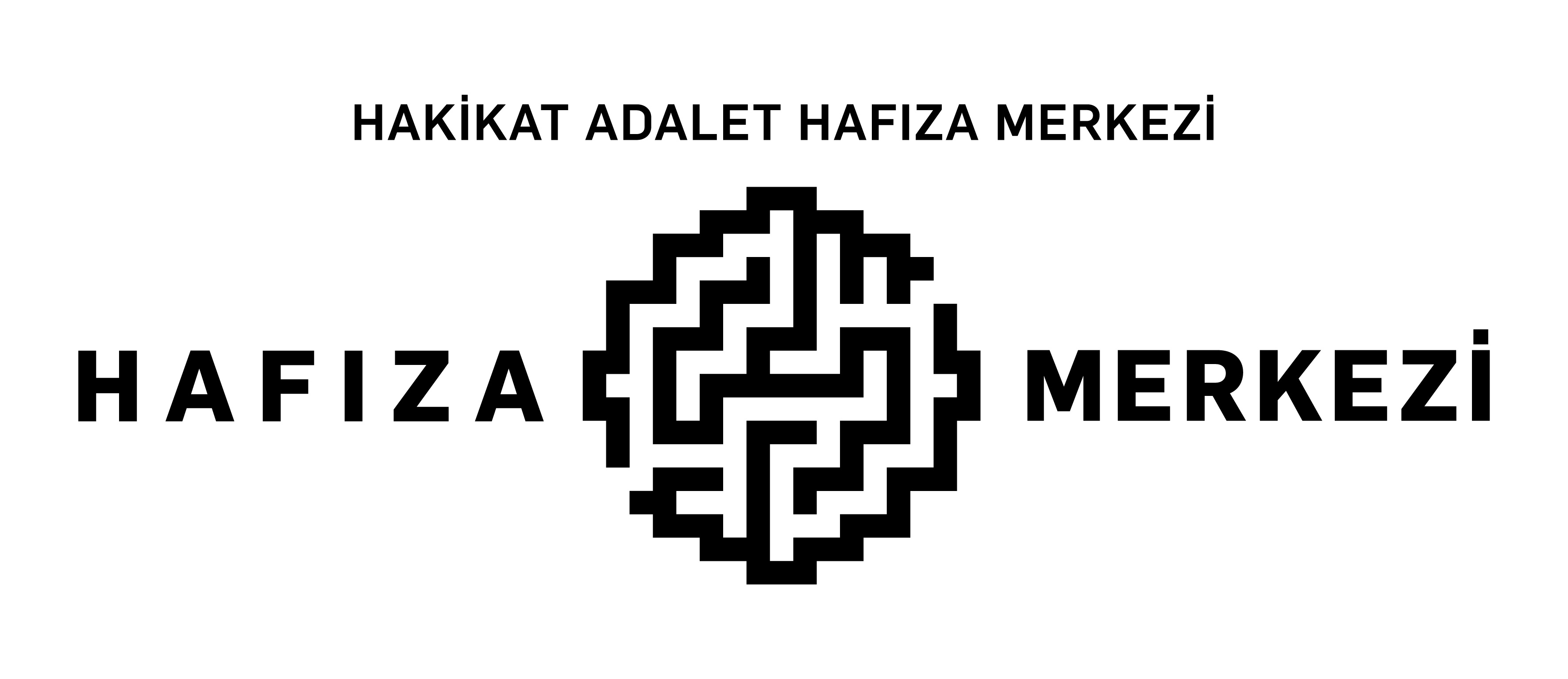
Dealing with the Past in Spaces, Places, Actions, and Institutions of Memory
A Comparative Reflection on European Experiences
This project organizes a dialogue among practitioners from various European countries and the United States who engage in memory work and analysis and who focus on various stages of the long, often messy, and frequently non-linear process of dealing with the past. The project is novel in its effort to stimulate collective reflection through a combination of traditional conference dialogue with more hands-on experience that includes site-visits in Berlin, Germany.
Project Description
In 2015 we commemorate the anniversaries of some of the most gruesome atrocities against ethnic and religious minorities in human history. Until today, these crimes shape our understanding and modes of living together in Europe and beyond. This project looks at different cases and the way the past and atrocities have been dealt with. Germany, with its over 6,000 places of memory in honor of the victims of the Holocaust, and its comprehensive way of dealing with its history, can provide a framework for discussion and debate in other cases. The project aims to identify the opaportunities, conditions, challenges, and obstacles for processes of confronting the past in different contexts. Increasingly, other regions plagued by “history wars” look to Germany for guidance about commemoration, memorialization, and remembrance.
The project’s conference and accompanying site visits have three main purposes:
- To provide a forum and a platform for the transnational exchange of ideas, knowledge, experience, and practices from Europe. Equally, the project framework permits exchanges within each national group. Moreover, conclusions from the collective reflection could be useful to civil society actors in other regions of the world with a history of international and internal conflict, emphasizing the universal nature of the issues. The forum and platform bring together principally civil society practitioners and activists in memory work, but also include scholars and governmental representatives;
- To develop long-term professional networks among the participants and their organizations, including the development of joint projects in the future; and to further an ongoing exchange about effective strategies to initiate, fund, and realize memory projects;
- To transmit and publicize to a wider audience information about memorialization, remembrance, and commemoration as a crucial, though difficult and contested, element of peace-building, human-rights based democracy, and potential reconciliation processes.
Funded by a generous grant from Stiftung Mercator, the project is developed and implemented by AGI in conjunction with Hafıza Merkezi, an independent human rights organization based in Istanbul, Turkey.
Contact:
- For questions or comments regarding the German sites and acts of commemoration, please contact Lily Gardner Feldman at lgf@aicgs.org.
- For questions or comments regarding the Balkan sites and acts of commemoration, please contact Lily Gardner Feldman at lgf@aicgs.org.
- For questions or comments regarding the Turkish sites and acts of commemoration, please contact Meltem Aslan at meltem@hafiza-merkezi.org.






